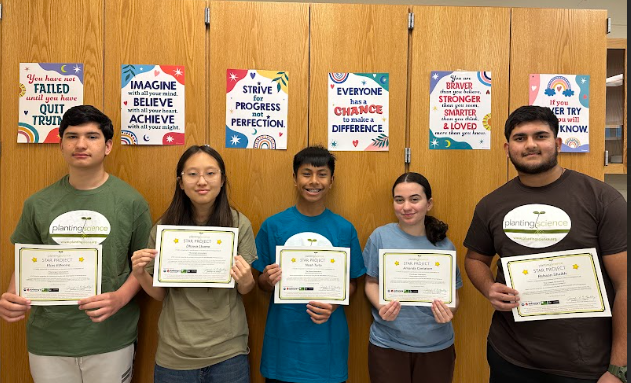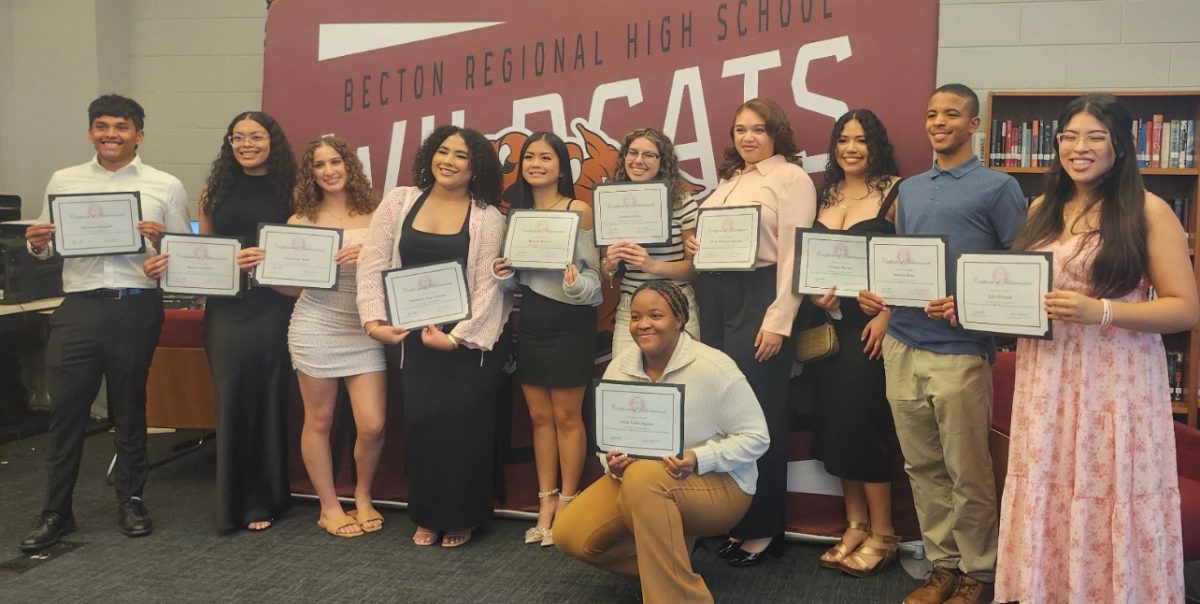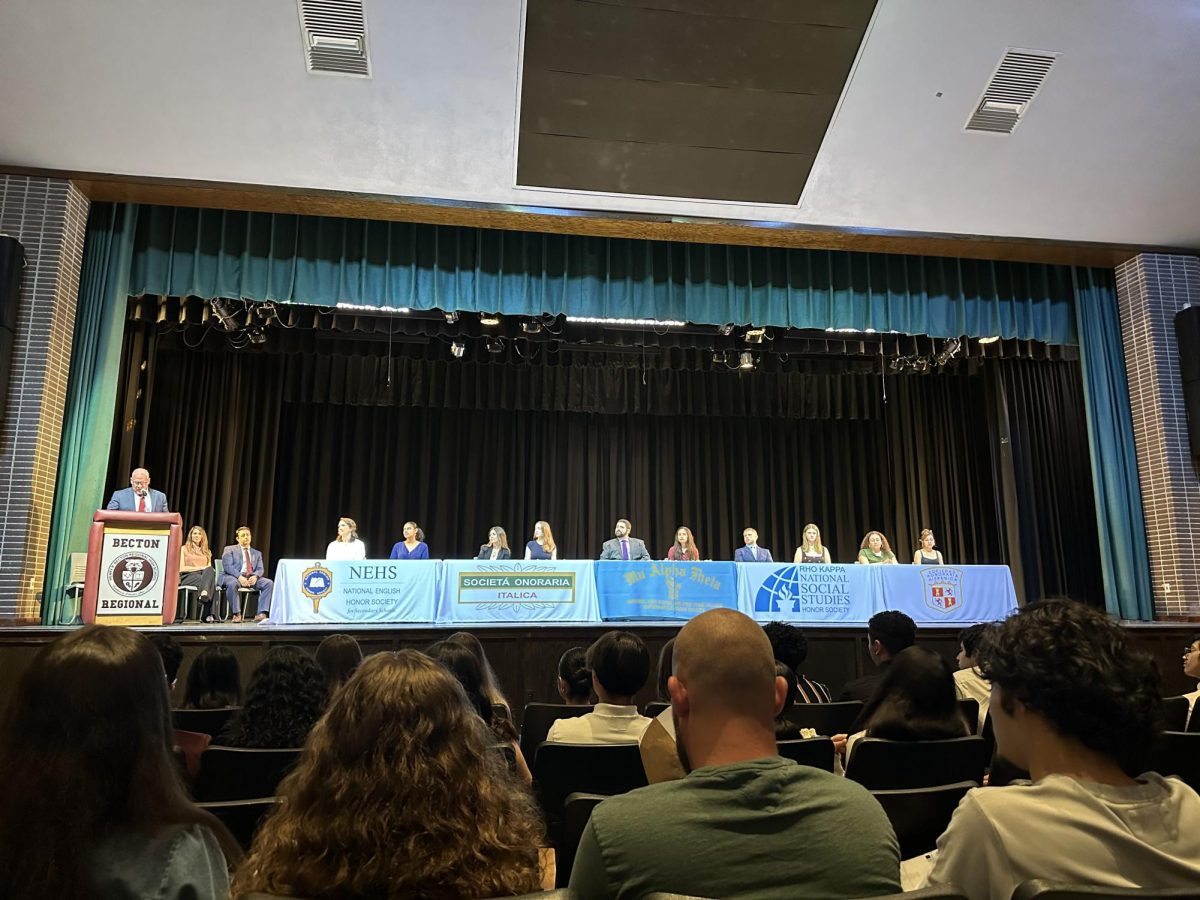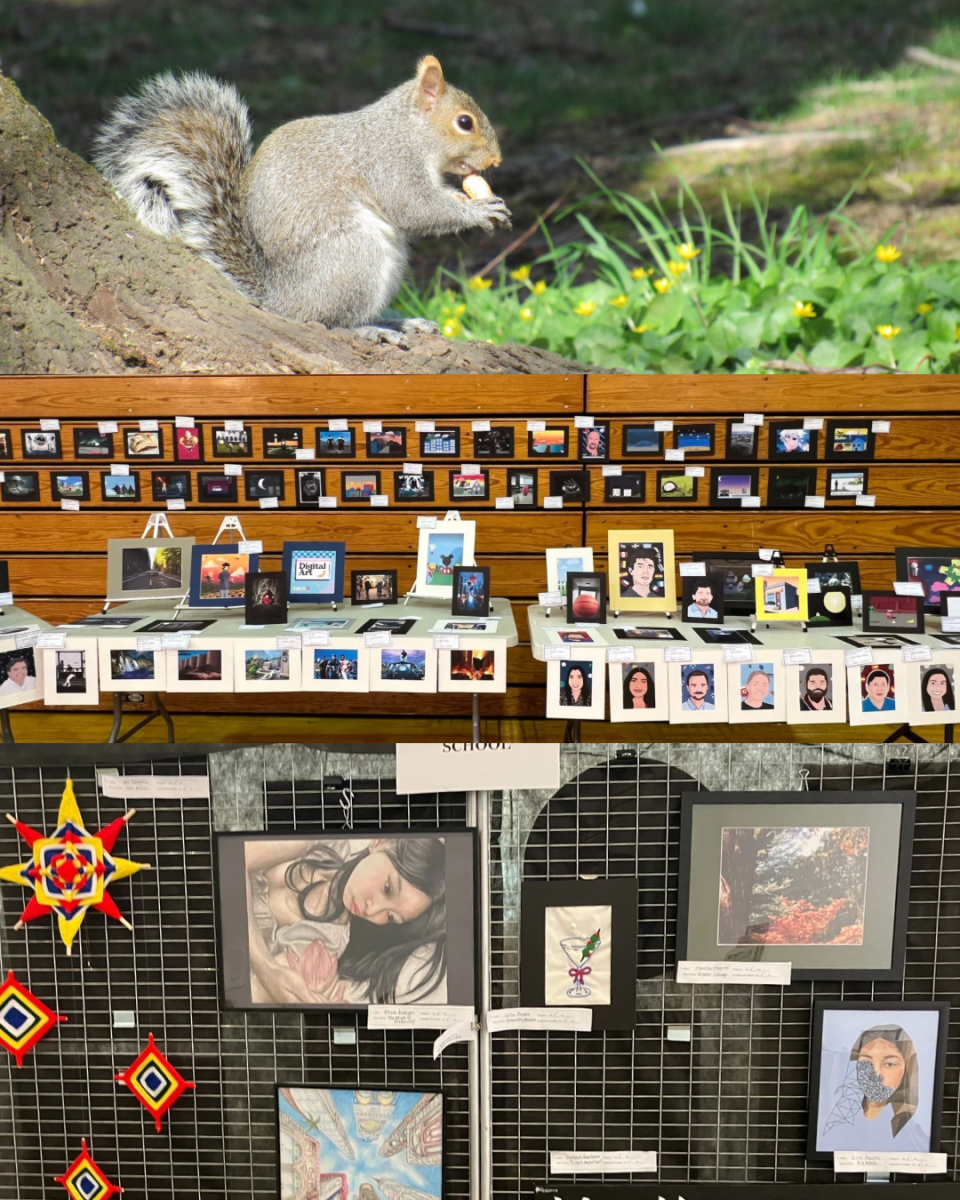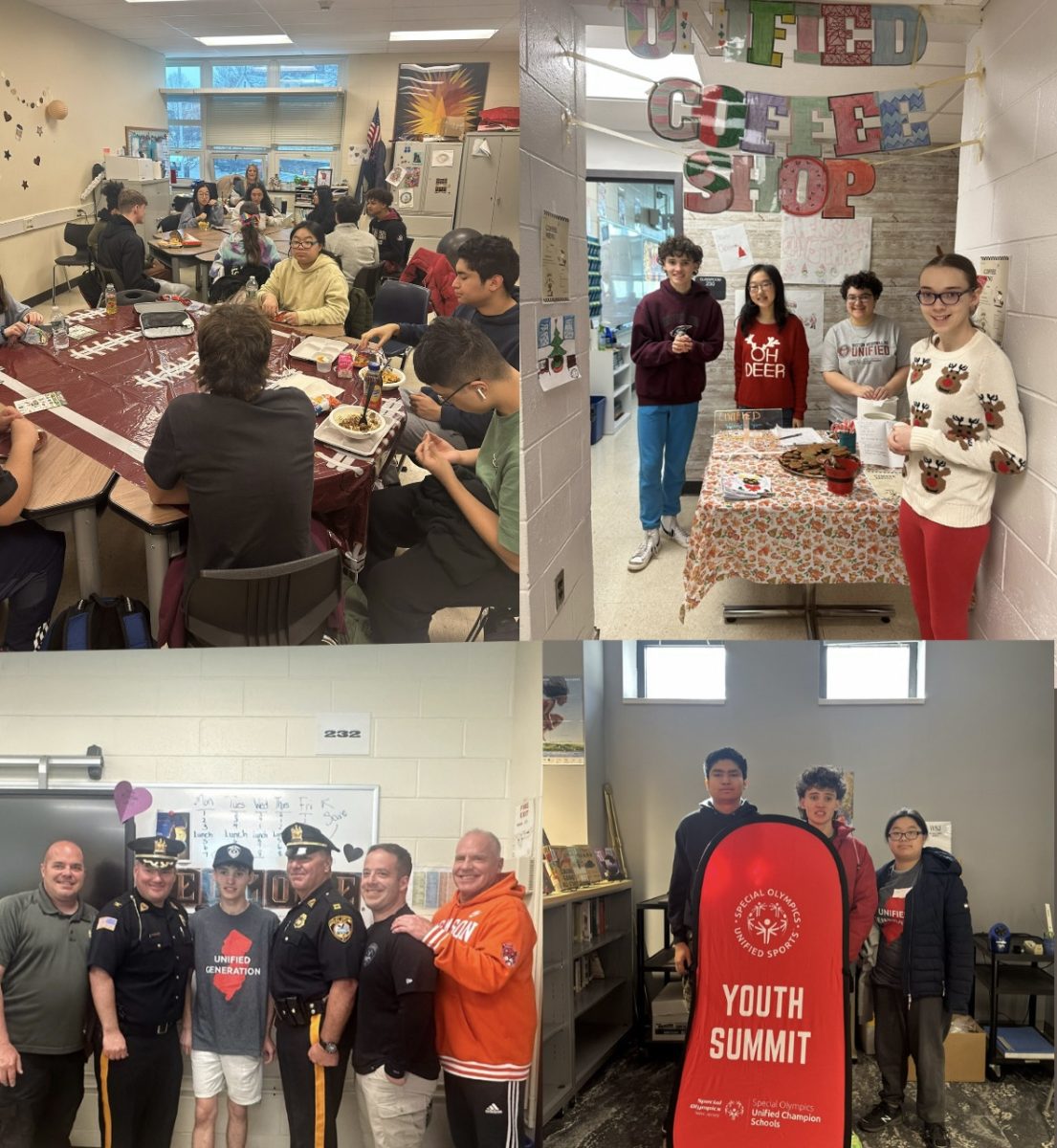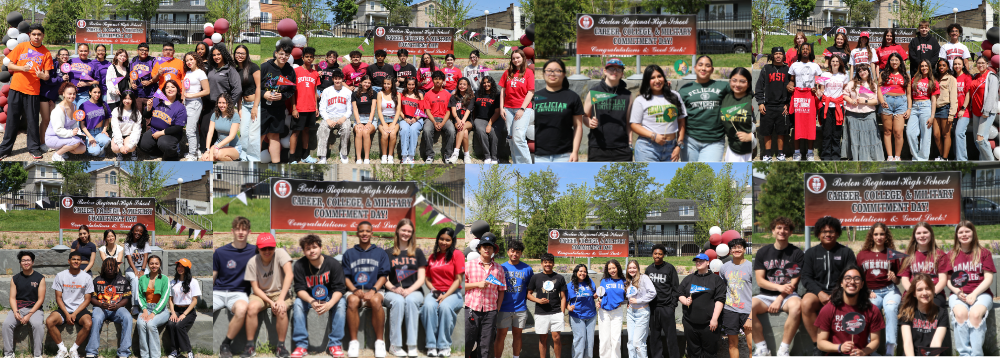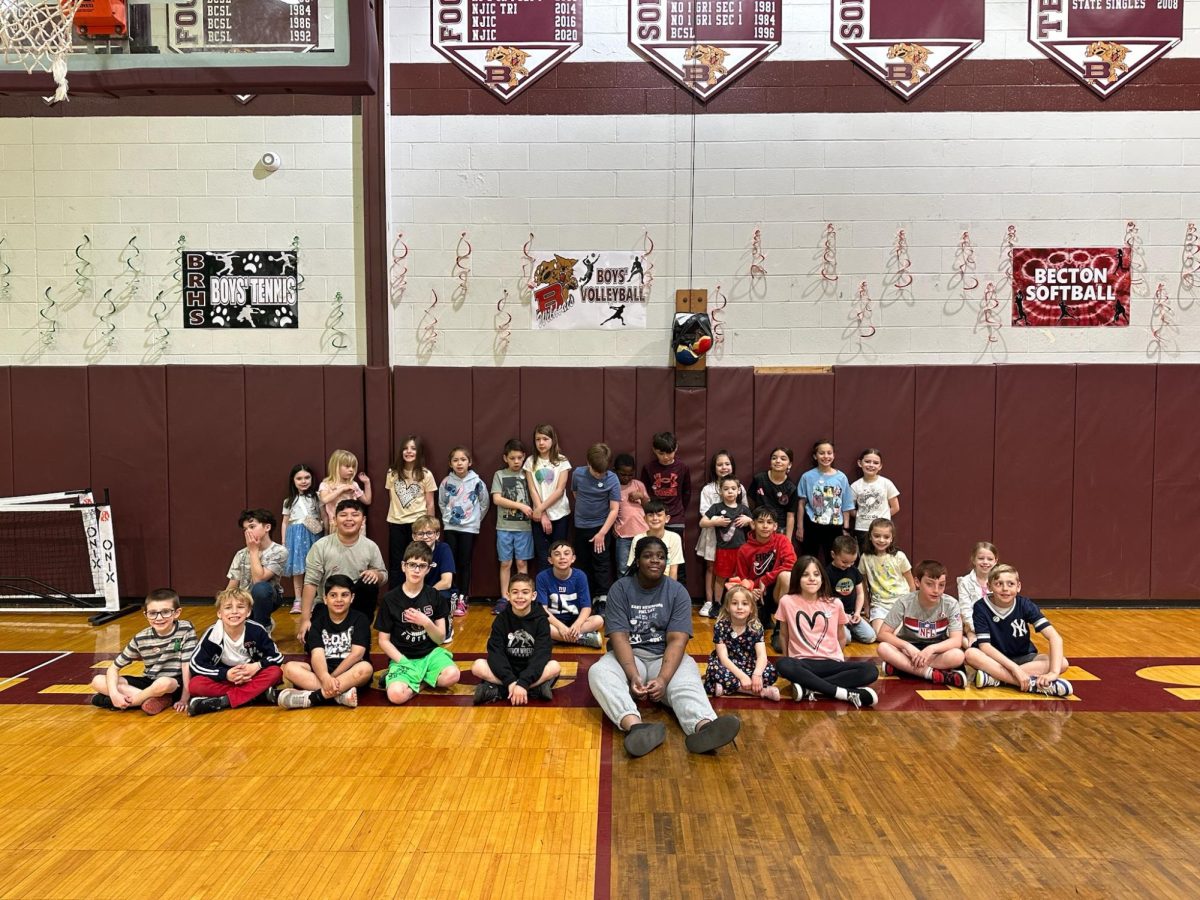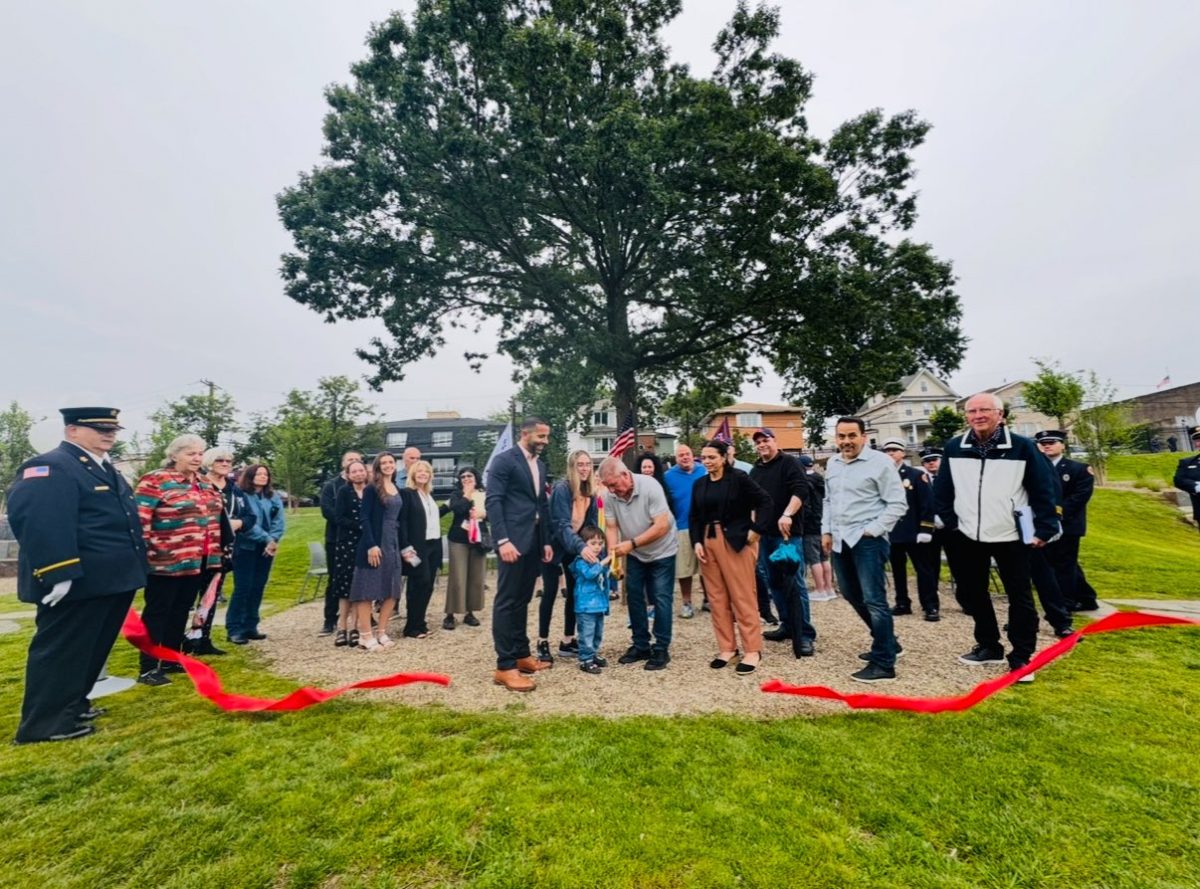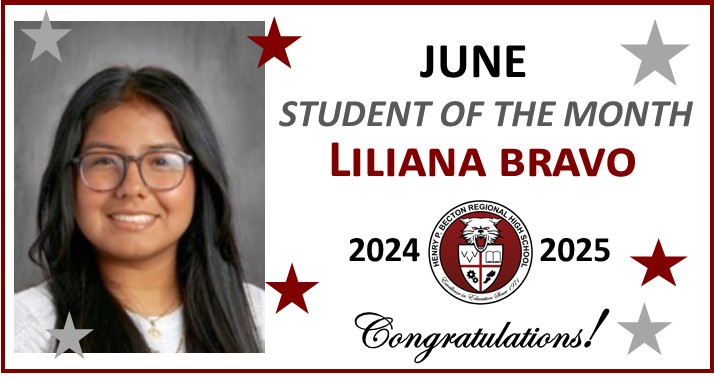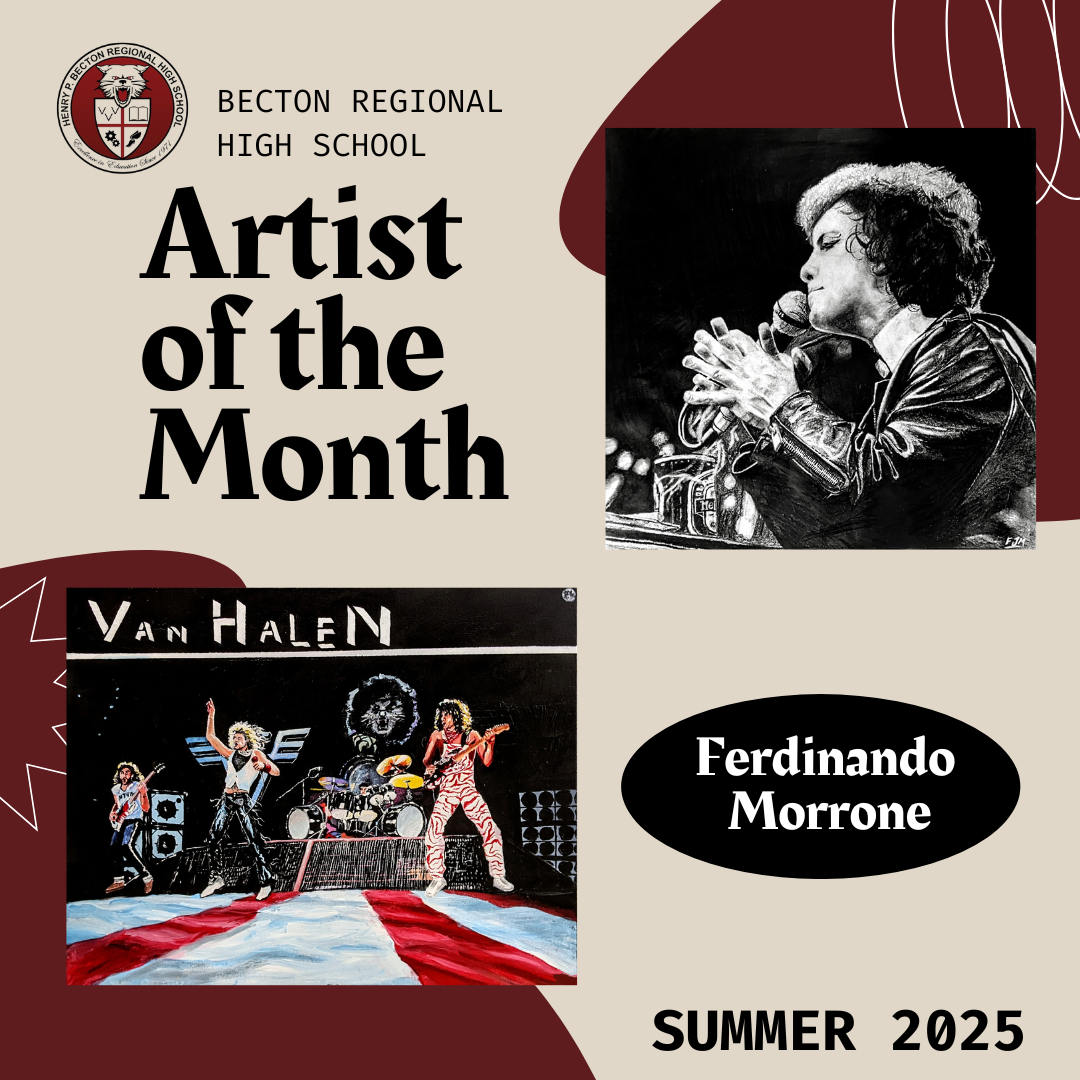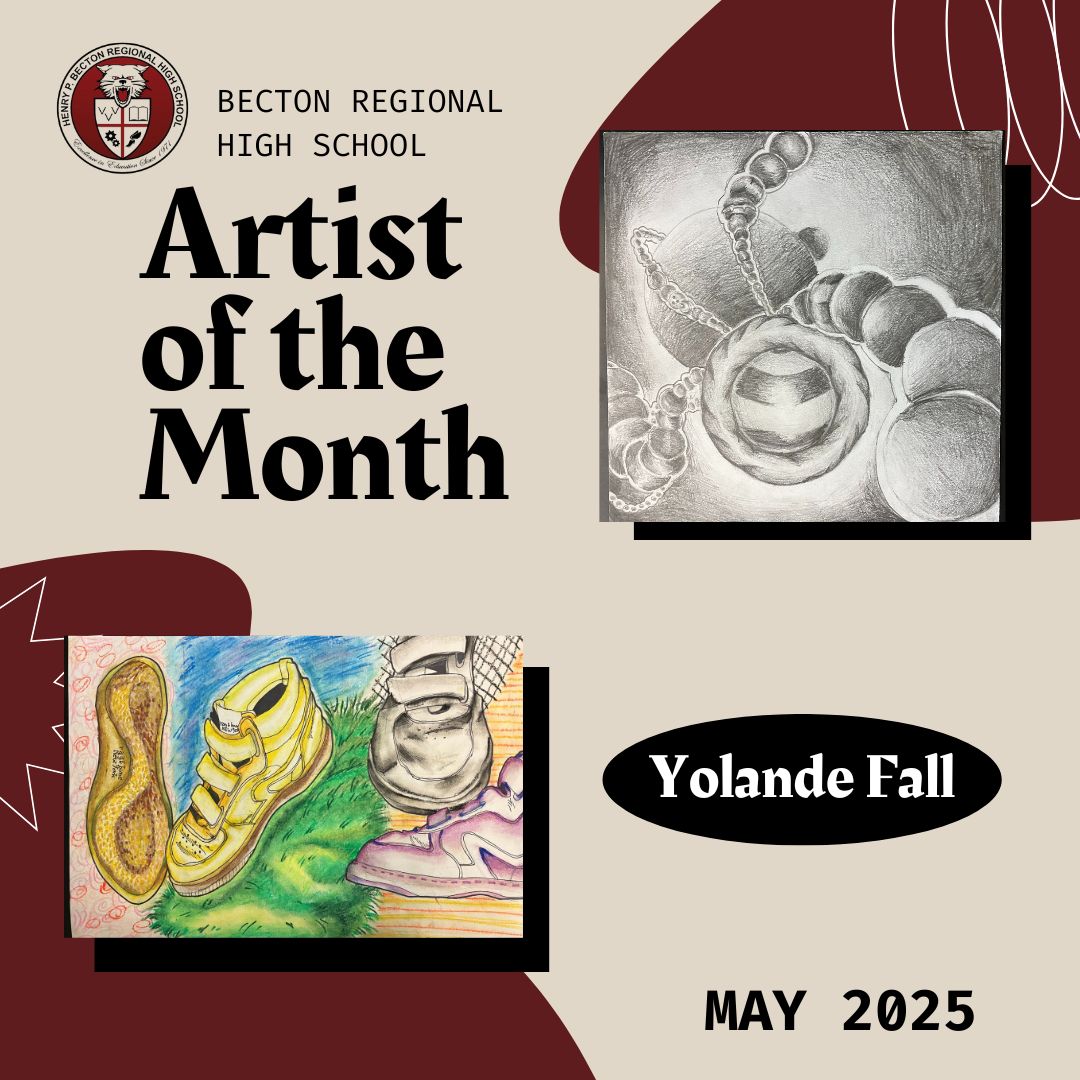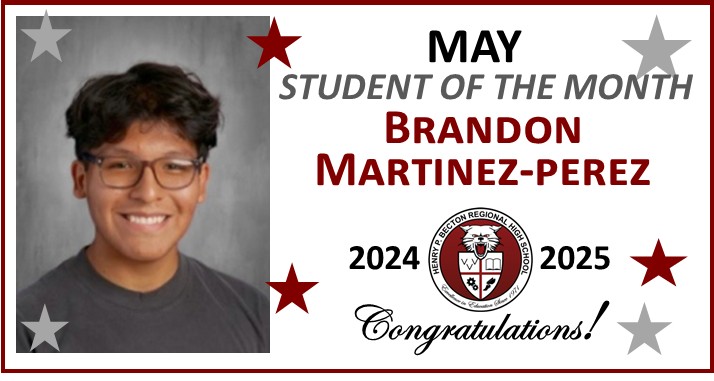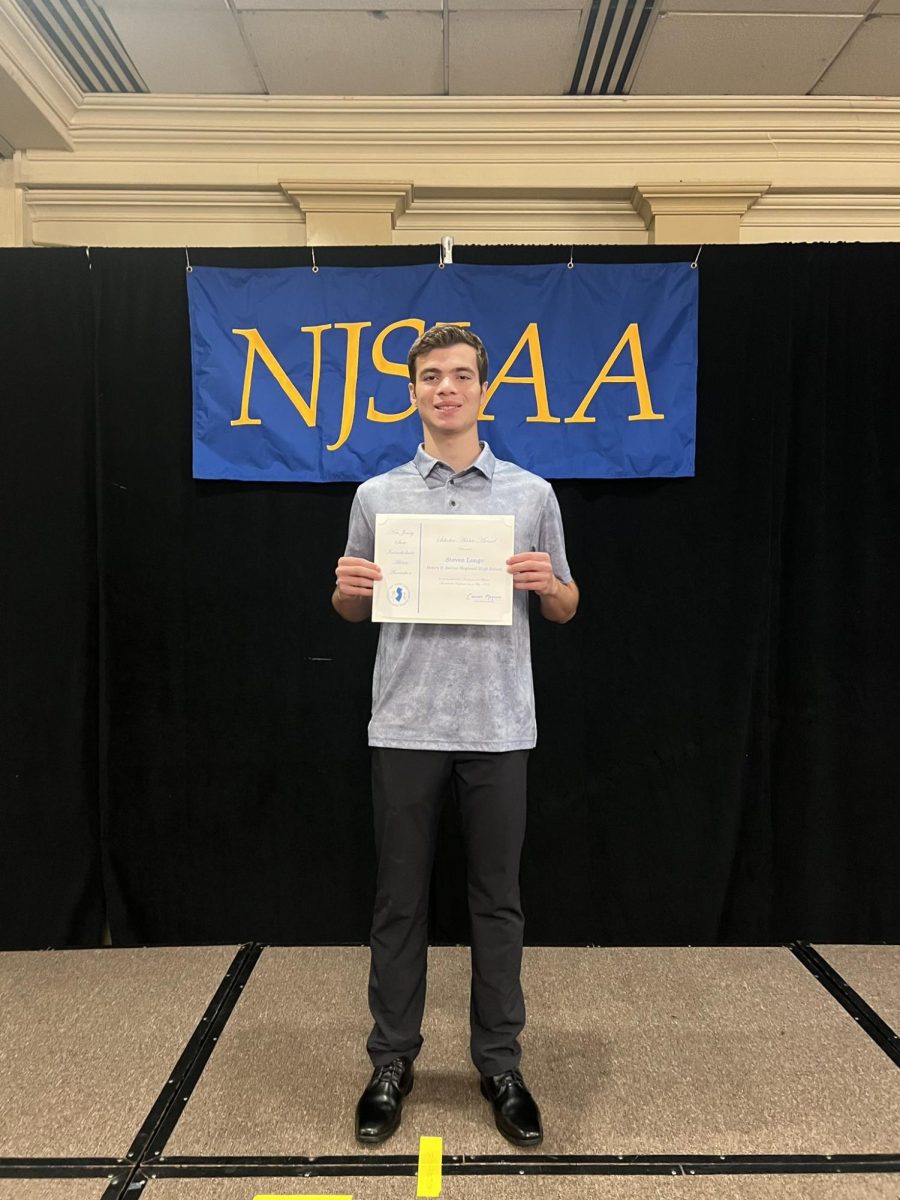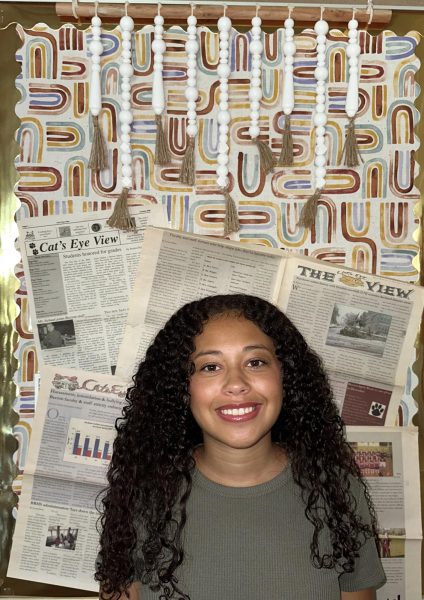This year marked Becton’s second time participating in the Planting Science STAR Project. Out of the nine awards presented, one was earned by Becton students.
Becton science teacher, Ms. Angela Calasso, explains the purpose of the Planting Science STAR Project: “Throughout the investigation, students log on to the PlantingScience platform to communicate their scientific questions and findings with scientist mentors as they plan and execute experiments. Students develop a research question based on their interest in plant phenomena and collaborate in groups to design and conduct an experiment to test their question. Each group explores a different topic, leading to a variety of experiments. Since students independently design their projects, each submission is entirely unique.”
According to the official Planting Science website, they base the winning teams off of exemplary “student-mentor communication, quality scientific investigations, and creativity and resilience in the face of unexpected obstacles.” The chosen students from Becton who won were the team “The Green Innovators”: Amanda Cantatore, Elias Elfenne, Dhawa Lhamo, Rehaan Shaikh and Noah Turla.
Scientist liaison Cari Ritzenthaler praised the students’ creativity and communication throughout the project, “This group conducted an incredibly creative experiment, drawing connections between what they know about animals and suggesting it could be true for plants as well. They thoroughly communicated their thoughts, experiment, and conclusions with great detail, and they also maintained strong communication with their mentor before the experiment while initially learning about photosynthesis.”
The project involves over 45 schools and 324 student projects each semester, with only nine chosen for recognition. Ms. Calasso explains, “This is the second year I am participating in this research opportunity in partnership with BSCS and the National Science Foundation. The purpose of this research project is to pilot an innovative photosynthesis and cellular respiration curriculum. My students and I essentially serve as research participants, offering our results and feedback to enhance the development of a national photosynthesis and cellular respiration learning unit. In this unit, students are engaging in inquiry-based learning and hands-on laboratories to investigate these complex concepts. Becton is one of the first schools to implement this new curriculum, therefore our results and feedback will be used to help inform national implementation of this curriculum. ”
Ms. Calasso explains that the project not only helps students learn key concepts such as photosynthesis and cellular respiration, but also gives them hands-on experience with scientific and engineering practices. Through the process, students develop skills in analyzing and interpreting data, evaluating different experimental designs, collaborating with peers, and effectively communicating their results.
“All activities for this unit are conducted during class time, utilizing our lab space and materials,” said Ms. Calasso. “Students have creative freedom in designing their experiments. The only rules for this project focus on how students communicate with their mentors — all discourse must remain professional and respectful.”
For their project, the Green Innovators wanted to explore how watering plants at different times of the day can affect plant growth. Their approach was to have three plants (one control and two experimental): one would be watered every day at a consistent time, and the others would be watered at two different intervals. Group member, Shaikh, recognized that he was always taught that having a regular eating routine is important for health, so he wondered if the same idea could apply to plants! Shaikh questioned whether the plant would benefit from the unchanging routine, like animals and humans do.
When describing the process behind the experiment, Shaikh explains, “I carefully monitored and recorded their growth by measuring plant height, leaf health and the appearance of new growth over the course of several weeks. To ensure that only the watering schedule was influencing the plants, all other factors – such as the soil type, light exposure and the amount of water given – were kept constant across the groups. The goal was to clearly differentiate the effect of the watering routine on plant growth.”
“One of the challenges I faced was ensuring that all plants received the same amount of water, despite varying schedules. To address this, I used a measuring cup to accurately dispense the same volume of water to each plant, regardless of the timing,” Shaikh shared, a testament to the group’s careful execution and planning.
Group member Elfenne explains that the group hypothesized that the plant being watered on a schedule would grow faster, but the group was thrown for a loop when it was the complete opposite! “We concluded that plants might not need a strict watering schedule to grow quickly — they could even benefit from some variation,” he incredulously observed.
“After analyzing the situation, I realized that the plants may have responded to the unpredictability of the watering schedule, potentially spurring growth in a way similar to how intermittent stress (like fasting) can benefit humans and animals,” Shaikh similarly observed.
The experiment taught Shaikh that research can lead to unexpected findings, sparking new questions. Collaborating with his team helped him think critically about the results and explore various possibilities. For instance, he noted that this research could aid farmers in conserving water and cultivating more resilient crops, particularly in regions facing water shortages.
Overall the team discovered that science is about exploring new ideas– “sometimes the most valuable discoveries come from unexpected outcomes”, Shaikh reflects. Elfenne agrees, “I learned how much planning goes into a real science project. It’s not only about developing a hypothesis but it’s about making sure your methods are solid and that you can trust your results. Curiosity is important, keep asking questions, and enjoy the learning process.”
Congratulations to “The Green Innovators!” We know these up-and-coming thinkers will continue to work passionately and thrive!


